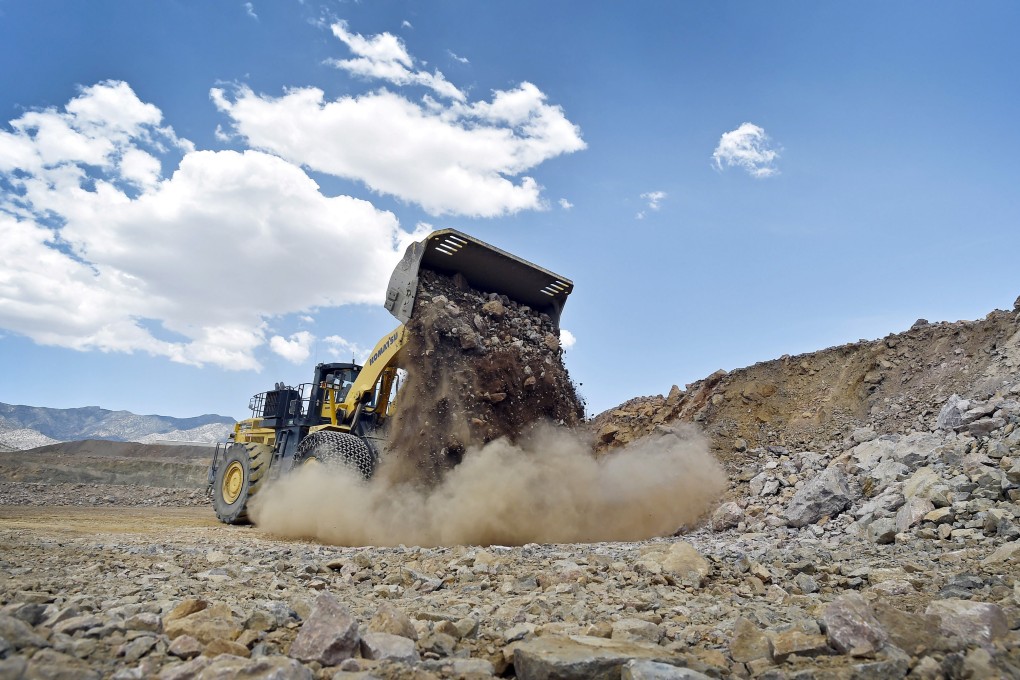Advertisement
Opinion | US efforts to control rare earths appear doomed amid China’s dominance
- Washington’s attempts to construct its own supply chains are unlikely to affect China’s critical mineral exports or its dominant position in both mining rare earth minerals and processing them for export
Reading Time:3 minutes
Why you can trust SCMP
5

The United States and Britain have made “significant progress” on a critical minerals agreement, US Trade Representative Katherine Tai said on October 28 after talks in Japan. This could have far-reaching implications for the electric vehicle (EV) industry and become an additional battleground in the protracted rivalry between the US and China.
The agreement aims to include key EV minerals – namely cobalt, graphite, lithium, manganese and nickel – sourced or processed within the UK to count towards tax credits for eco-friendly vehicles, as stipulated in the US Inflation Reduction Act.
Washington has already taken some steps in this direction, having signed a critical minerals agreement with Japan on March 28, while discussions began with the European Union in the same month about a similar accord.
The stated goal of these agreements, as exemplified by the US-Japan deal, is to fortify and diversify supply chains for critical minerals, thereby advancing the widespread adoption of EV battery technologies. However, beneath the surface lies a deeper strategic motive – to reduce the global competitiveness of Chinese-manufactured EVs while concurrently lessening dependence on China’s mineral resources.
The US call for diversification and risk mitigation within supply chains serves not only to enhance the security and sustainability of its EV industry but also to exert influence over the competitive landscape of Chinese EV manufacturers. It is, in essence, a calculated effort to assert control over the realm of these critical minerals.
The measures being taken by the US and its allies are, however, unlikely to seriously affect China’s critical mineral exports. Chinese-produced EVs still retain a cost advantage, for one. Moreover, Chinese battery and EV manufacturers are intensifying their efforts to establish a foothold in overseas markets, potentially exploring untapped opportunities in emerging economies.
Advertisement
